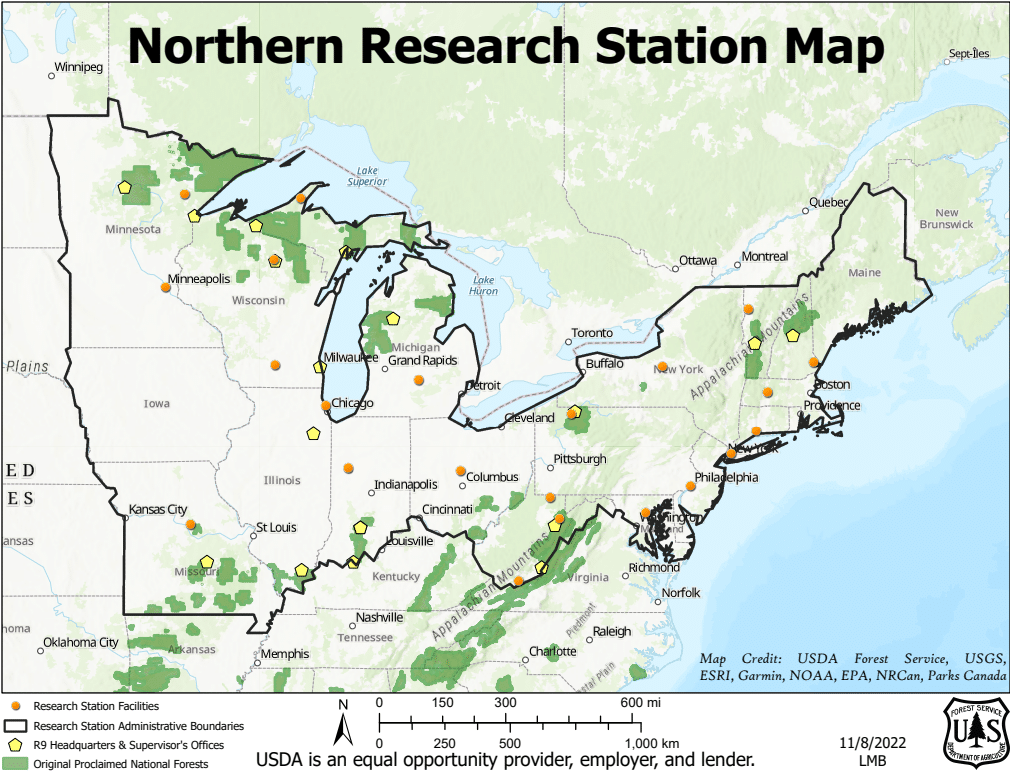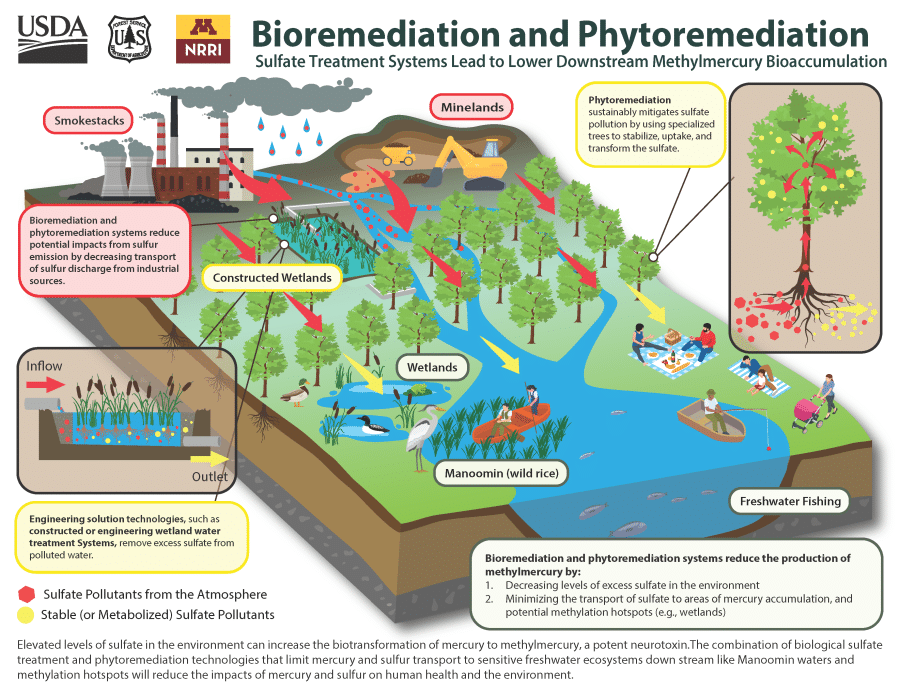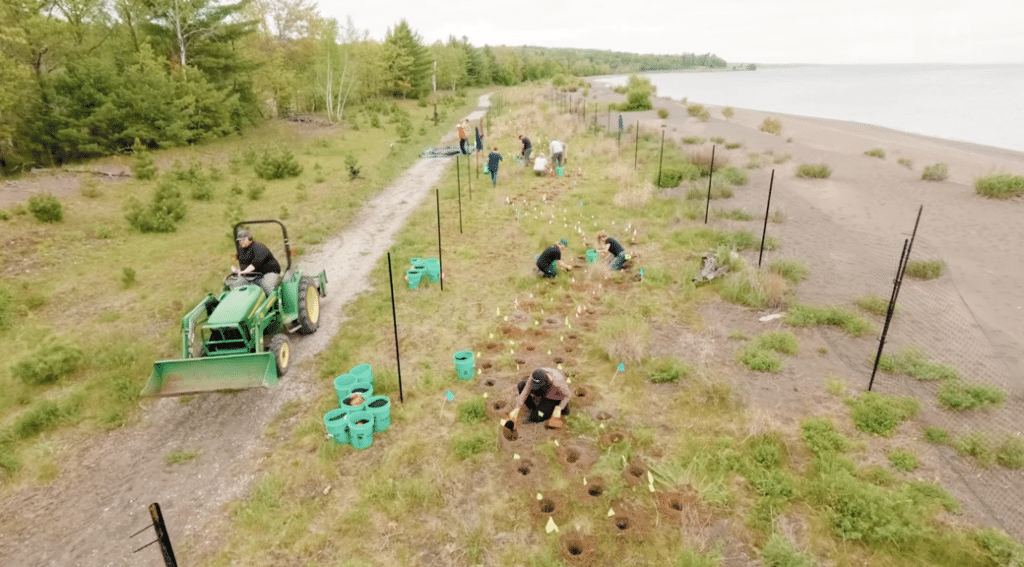Since 2021, the USFS Northern Research Station’s Mercury Sulfur Initiative Working Group (NRS) under the direction of Congress has been studying mercury and sulfur pollution in the Upper Great Lakes region. They will be hosting a webinar series on plans for reducing these harmful chemicals in water and soil. While both elements occur naturally, industrial activities have increased their levels in soil and water, jeopardizing human health and the ecosystem.
Congress directed the NRS to conduct ongoing research over 5 years. As a result, they have established demonstration sites to test integrated bioremediation and phytoremediation technologies. Bioremediation uses microbes to clean up contaminated soil and groundwater, while phytoremediation uses plants to restore polluted environments. Their work informs government policy on managing pollutant levels.
“The trees literally suck up the contamination from the soil and and they either break it down, so its not a problem anymore, or they actually use it for their growth, and the processes that they need to live and thrive and survive,” says Ron Zalesny, PhD, Supervisory Research Plant Geneticist from the Northern Research Station.

Challenges and solutions
The topics will include the potential impacts of sulfate and mercury pollution in the Boundary Waters Canoe Area Wilderness. Researchers are discussing how mercury distributes in water and soil and how wild rice (manoomin), an important and sacred food source for many Minnesota Tribes, is affected. Studies show that rising concentrations of sulfate inhibit plant growth.
Through these studies and efforts, the NRS has gained insights into how climate change and mining activities influence pollutant levels. Additionally, they are developing and improving methods to reduce mercury and sulfate in industrial discharge and polluted watersheds.
Webinars will take place on 9/26/2024, 11 am – 1 pm EDT, and 10/1/2024, 11 am – 1 pm EDT.


More information:
- Remediating Mercury and Sulfur Pollution: A Rooted in Research Webinar Series – USDA
- Mercury sulfur initiative: suggested program of research for the Upper Great Lakes States – USDA

